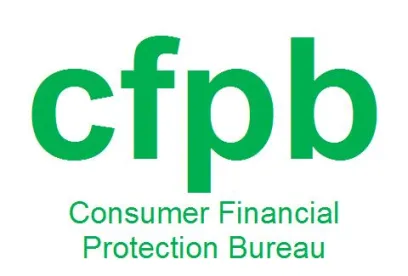The Consumer Financial Protection Bureau (CFPB) has issued its first No-Action Letter under the final policy on No-Action Letters that it released in early 2016. The No-Action Letter was requested by and issued to Upstart Network, Inc., an online marketplace lending platform. Under the No-Action Letter, the CFPB states that it “has no present intention” to recommend an enforcement or supervisory action against Upstart with regard to its compliance with the Equal Credit Opportunity Act (ECOA) and its implementing regulation, Regulation B. Like many marketplace and other new online lenders, Upstart uses alternative lending criteria in its underwriting process in order to expand access to credit for borrowers who might not otherwise qualify for loans or can only qualify for loans with higher interest rates.
The lending industry has been interested for some time in the CFPB’s views on the use of alternative lending criteria. Earlier this year, the CFPB issued a request for information regarding the use of alternative data in underwriting. Although alternative lending criteria can allow people to access credit who might not otherwise qualify (a result that is encouraged by the CFPB), the use of such criteria (e.g., education, schools attended, work history, social media profile) increases the risk of a disparate impact on protected classes (which the CFPB views as prohibited under ECOA). Because disparate impact can generally only be identified after the fact, lenders face the risk that using alternative lending criteria will result in a CFPB investigation or enforcement action.
The No-Action Letter helps alleviate that risk—but does not eliminate it. Certainly the No-Action Letter is a welcome step by the CFPB and shows its willingness to confer and work with fintech companies and other financial innovators. However, we caution against viewing the No-Action Letter as saying more than it really does.
First, the No-Action Letter by its terms only applies to Upstart and the specific facts of Upstart’s underwriting criteria, and specifically does not apply to “any person other than Upstart.” Second, the No-Action Letter is only valid for three years (though Upstart will have the option to renew the No-Action Letter). Third, as a condition to receiving the No-Action Letter, Upstart has agreed to regularly report lending and compliance information to the CFPB. Finally, the No-Action Letter only applies to an action with regard to ECOA violations, and does not prevent the CFPB from initiating investigations or taking enforcement actions against Upstart based on noncompliance with other laws under the CFPB’s jurisdiction (including the prohibition on unfair, deceptive, and abusive acts and practices (UDAAP)).
Unlike the Securities and Exchange Commission’s well-oiled no-action letter process, the CFPB’s use of the no-action process is new, so we don’t know how the CFPB’s no-action variant will evolve in the future, or for that matter, how often the CFPB will even choose to use it. That said, we view the No-Action Letter as a positive development, and it is already being seen as such by the lending industry. However, given the narrow applicability of the No-Action Letter and the uncertainty regarding its precedential value, we recommend tempered enthusiasm regarding the broader impact of this No-Action Letter on the lending industry.







 />i
/>i
